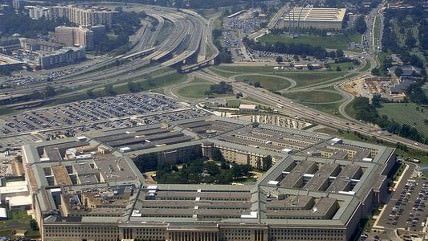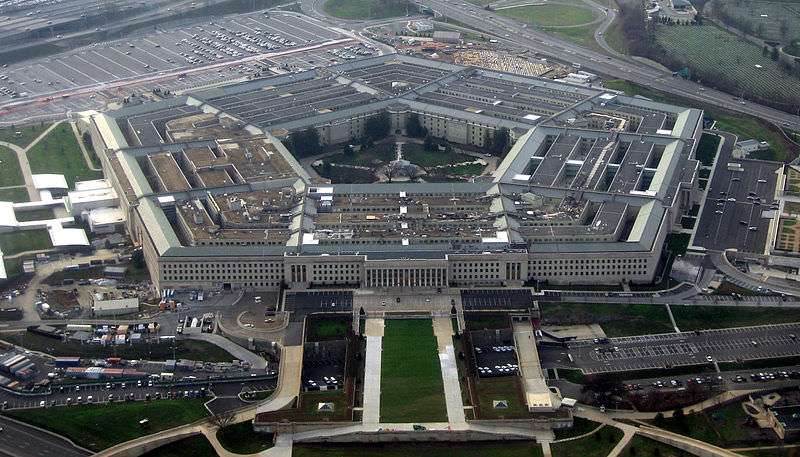Pentagon Plans To Reduce the Size of the Army


The New York Times is reporting that the Pentagon plans to reduce the Army to its smallest size since before the Second World War.
According to the Times, the new Pentagon spending proposals, which have been endorsed by the Joint Chiefs of Staff, will ensure that the U.S. is capable of defending itself while being too small to engage in long-term foreign occupations like those in Iraq and Afghanistan.
From the Times:
The proposal, described by several Pentagon officials on the condition of anonymity in advance of its release on Monday, takes into account the fiscal reality of government austerity and the political reality of a president who pledged to end two costly and exhausting land wars. A result, the officials argue, will be a military capable of defeating any adversary, but too small for protracted foreign occupations.
An unnamed official told the Times that the reduced Army will "be agile. It will be capable. It will be modern. It will be trained." This sounds similar to the sort of military force that the French recently deployed in Mali and the Central African Republic. First class, but not equipped for nation building.
The proposals will reportedly shrink the Army to between 440,000 and 450,000 troops in the coming years. The Army's highest number of troops post-9/11 was 570,000.
The U.S. is not the only country planning to cut the size of its army. The British government is planning on reducing the size of the British Army to 82,000 by 2020. In 2010, the British Army had 102,260 troops. The decision was criticized by former Secretary of Defense Robert Gates, who said that the reductions would hamper the U.K.'s ability to be a "full partner" with the U.S.
Although the Obama administration is planning on reducing the size of the Army, this should not be taken as a sign that the U.S. will be withdrawing from foreign engagements. Since taking office President Obama has demonstrated that he is not shy about using Special Forces and drones in order to implement a foreign policy that, although not as focussed on foreign occupation as his predecessor's, is interventionist and overly involved.
Even with the proposed reductions implemented, the U.S. Army will still be one of the largest in the world, and U.S. military spending will still be much larger than any other country's.


Show Comments (64)